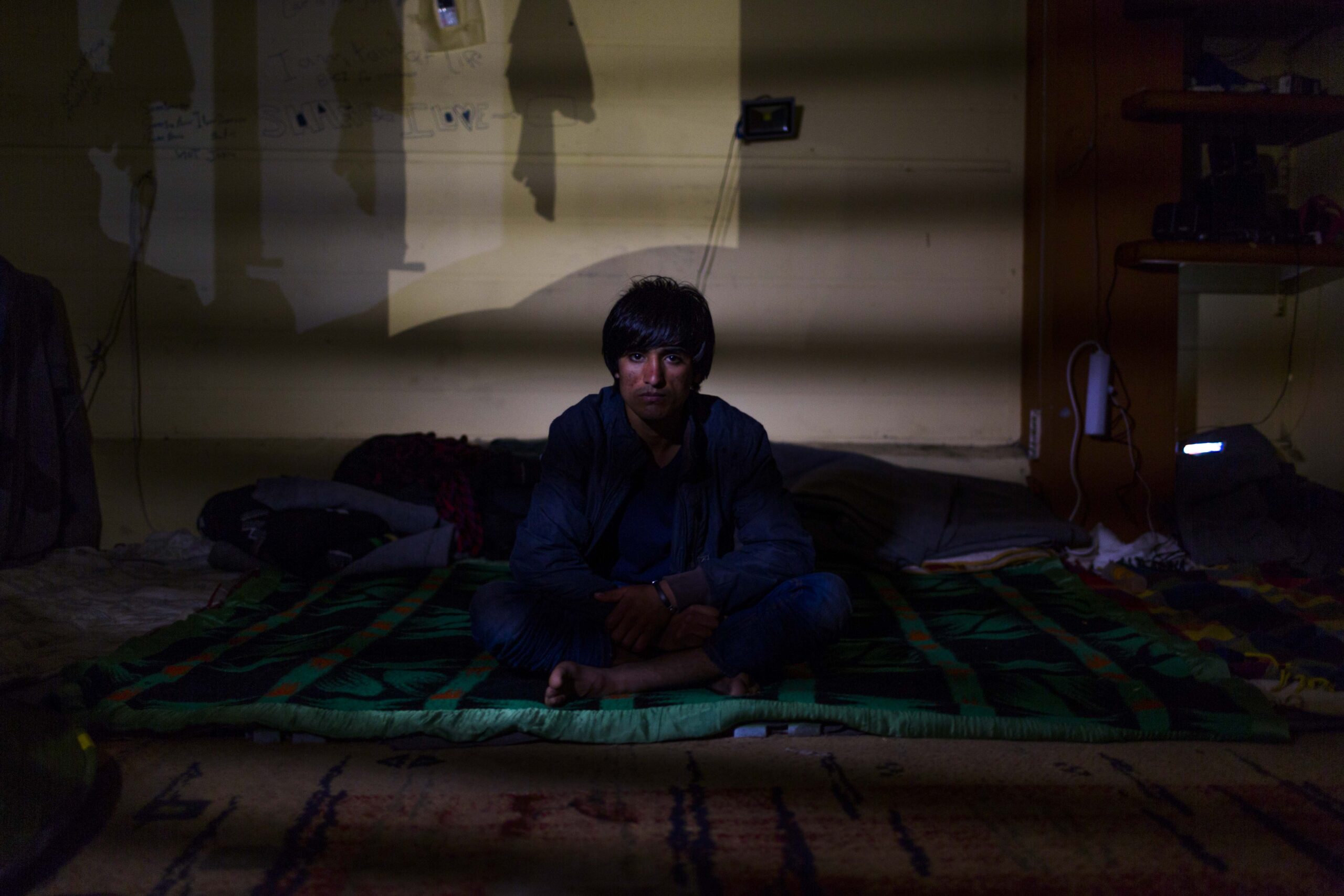In the past few years, international governments, institutions, and media have used the expression “refugee crisis” to describe rising numbers of undocumented individuals and families fleeing to Europe from countries such as Syria, Afghanistan, and Iraq, where they face harsh challenges, including war, poverty, persecution, and human rights violations. Hoping to start a new life in Europe and looking for a new identity, thousands of refugees have braved the Mediterranean Sea on board of inflatable boats and makeshift vessels, driven by an idea of Europe as the land where their dreams will be realized. Some of these people decide to cross the sea illegally only to become refugees and to enjoy the benefits of this status.
Where the West Sets is a documentary project that attempts to chronicle this crisis as it plays out on the northern Aegean Islands and in mainland Greece – the same territories where Western Culture and its system of values were born. The aesthetics of my work lies on an approach that had me go to those places not as a reporter looking for facts but as a documentarist trying to verify facts. The series of photographs reflects the consequences that the refugee crisis is having on the cradle of civilization, whereas the traditional value of respecting other human beings is meeting feelings of hostility, fear, and xenophobia among the Greeks.
In the same country that gave birth to philosophy, science and anthropology, people are living among refugees in an uncertain and disordered way, holding tightly to their self-referential and contradictory values, belonging to a Europe that is now diminished but that is frantically trying to redefine its own identity.




























